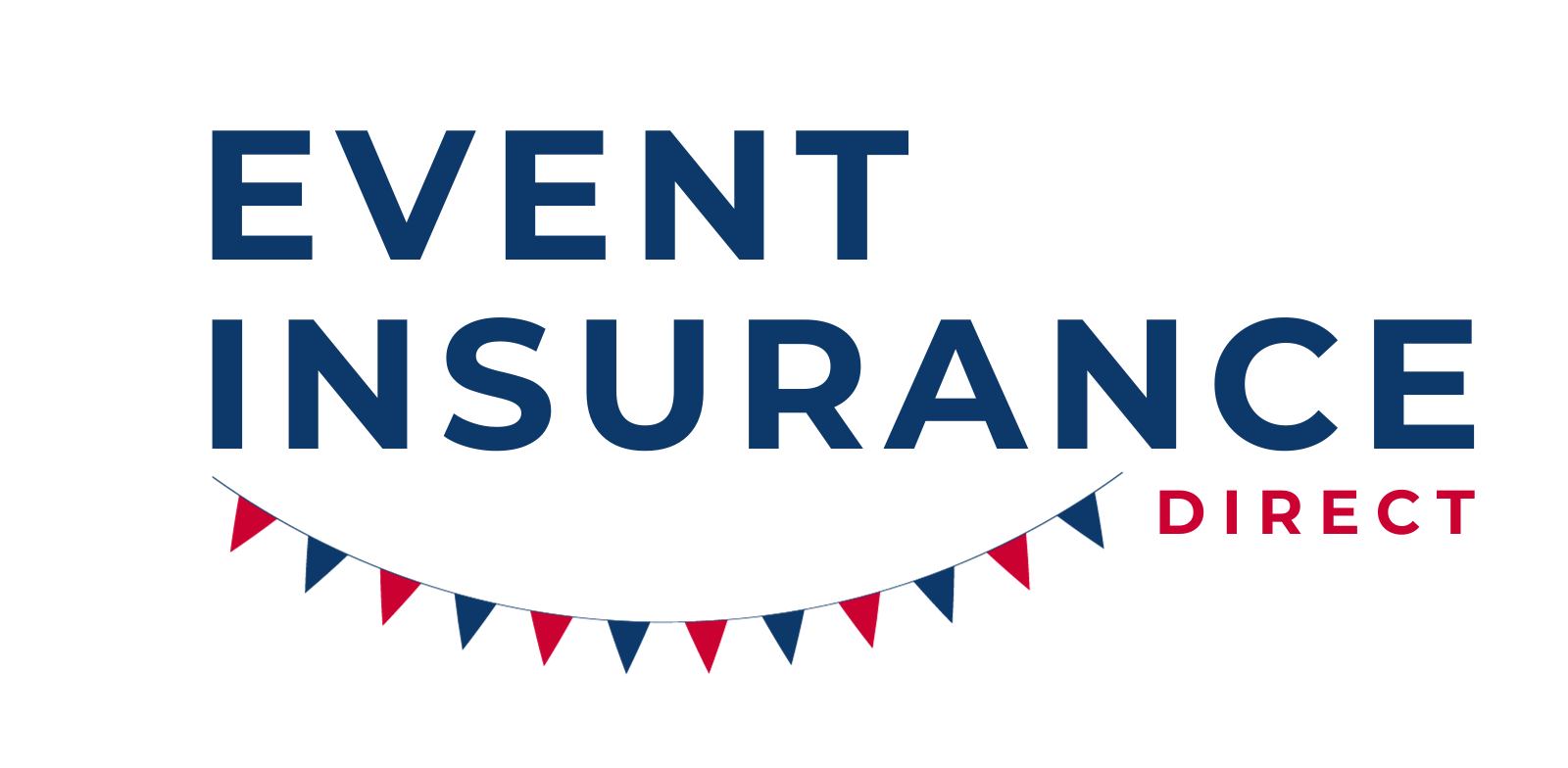Event Marketing: Why & How?
Planning and executing a successful event takes a lot of effort, creativity, and attention to detail. From booking a venue to hiring vendors and promoting the event, there are numerous factors to consider to ensure a smooth and successful event. One of the most crucial aspects of planning a successful event is marketing. To put it simply, event marketing involves promoting the event to the right audience at the right time, ensuring maximum attendance.
In this blog, we will discuss the importance of marketing for a successful event and how event insurance can help protect your investment.
Why is Marketing Important for a Successful Event?
Marketing is the backbone of any successful event. It helps you to reach your target audience and create awareness about your event. Below are just a few of the reasons why marketing is essential for a successful event.
Increase Attendance
Marketing helps to create awareness about your event, which increases attendance. By reaching out to your target audience through various marketing channels, you can increase the visibility of your event and encourage people to attend.
Boost Revenue
A profitable event requires a significant investment in terms of time, money, and resources. Marketing helps to boost revenue by promoting the event and attracting attendees who want to pay for tickets, merchandise, and other products.
Establish a Brand
Marketing helps to establish your event as a brand by creating a unique identity and presence online. By developing a strong brand, you can build a loyal following and increase your chances of continuing to host successful events in the future.
Networking
Marketing helps to build relationships with potential sponsors, vendors, and partners. By promoting your event to these groups, you can attract sponsors and vendors who are willing to invest in your event to help make it a success.
Tips for Effective Event Marketing
Now that we have established the importance of marketing for a successful event, lets look at how you can maximise the effect of your event marketing.
Define Your Target Audience
The first step in effective event marketing is to define your target audience. Who are you trying to reach? More importantly, what are their interests and needs? By understanding your audience, you can tailor your strategy to meet your audiences preferences and encourage maximum attendance.
Develop a Marketing Plan
A comprehensive marketing plan is essential for successful event marketing. Your plan should include a clear timeline, budget, and social media channels that you will use to promote your event. Be sure to track your progress regularly and adjust your plan accordingly.
Utilise Social Media
Social media is one of the most effective marketing tools for promoting events. By creating engaging content, using relevant hashtags, and leveraging paid advertising, you can reach a large audience and generate buzz about your event. It is essential to carry out promotion through various channels to ensure maximum attendance and revenue.
Offer Early Bird Discounts
Early bird discounts are a great way to incentivise people to buy tickets early and increase attendance. Consider offering discounts to the first few hundred attendees or those who register before a specific date.
Partner with Influencers
Partnering with influencers can help increase the visibility of your event and attract a new audience. Why not reach out to relevant influencers in your industry and offer them free tickets or other incentives to promote your event to their followers?
Protect Your Investment With Event Insurance
While marketing is key for a successful event, it’s also vital to protect your investment with event insurance. Event insurance can provide cover for a number of unforeseen circumstances that can impact your event. These circumstances can include extreme weather, property damage, or cancellation, to name a few. Purchasing insurance for your event means protecting your investment and minimising financial loss in the event of an incident.
Discover some of the ways event insurance can protect your investment below.
Weather-Related Cancellations
If your event is cancelled due to extreme weather, cancellation insurance can help cover the costs of rescheduling or cancelling the event.
Property Damage
If there is damage to equipment at your event, event insurance can help cover the costs of repairing or replacing the damaged property.
Injury or Liability Claims
There is always the risk of an attendee, third-party or employee/volunteer getting injured or claiming liability during your event. Event insurance can help cover the costs of legal fees and compensation awards should the claim be upheld.
Moreover, event insurance can provide peace of mind by protecting your event from unforeseen circumstances negatively impacting the experience of your attendees.




